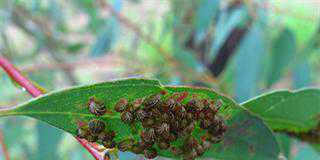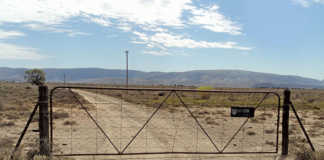
Photo: FW Archive
Despite improved output and export earnings, agribusiness confidence has fallen to the lowest level since the 2009 financial crisis, due to the impact of the coronavirus disease (COVID-19) global pandemic.
The Agbiz/IDC Agribusiness Confidence Index (ACI) fell from the neutral 50-point mark in the first quarter of the year to 39 in the second quarter, indicating that agribusinesses were downbeat about prevailing business conditions in South Africa.
The 10 sub-indices that make up the index all showed a significant decline in the second quarter of the year, with most reaching their lowest levels since 2009. This followed despite the fact that South Africa’s agriculture and food sector has, for the most part, been operational during the lockdown period.
Chief economist at Agbiz, Wandile Sihlobo, said the impact of the ongoing COVID-19 crisis on the economy had been severe. “While South Africa’s agriculture sector could register an improvement in output in 2020 compared with the previous year, and also an increase in export earnings, the cloud of uncertainty around the pandemic could continue to keep the sentiment depressed.
“The capital investments confidence sub-index fell by six points from the first quarter of
2020 to 38 in the second quarter. The downbeat sentiment is in part due to general challenging financial conditions amid the COVID-19 pandemic.”
He said that the livestock sector, which was negatively affected due to the closure of the hospitality sector, saw an expected decline in confidence. In the case of summer grain-related businesses, lower income from storage and handling was, in part, a key factor underpinning the decline in confidence.
“The challenges in terms of grain quality lowered the volume of tradeable grain in the market, especially for old-season white maize. Moreover, the late grain deliveries for the new season, which started later than normal because of delayed summer rain, also impacted the sentiment.”
While confidence in employment levels reduced from 47 points to 36, the reduction was not as drastic as with other sub-indices.
Sihlobo said this was perhaps an indication that agricultural employment would not take a huge knock, as the sector had remained operational and was expecting bumper harvests in the case of summer grains and citrus.
With the economies of several countries set for sharp contractions because of the pandemic, Sihlobo said the challenge South Africa’s agriculture sector would likely face in the months to come was a potential decline in demand locally, as well as from several traditional export markets, and thus by extension, lower agricultural commodity prices.












